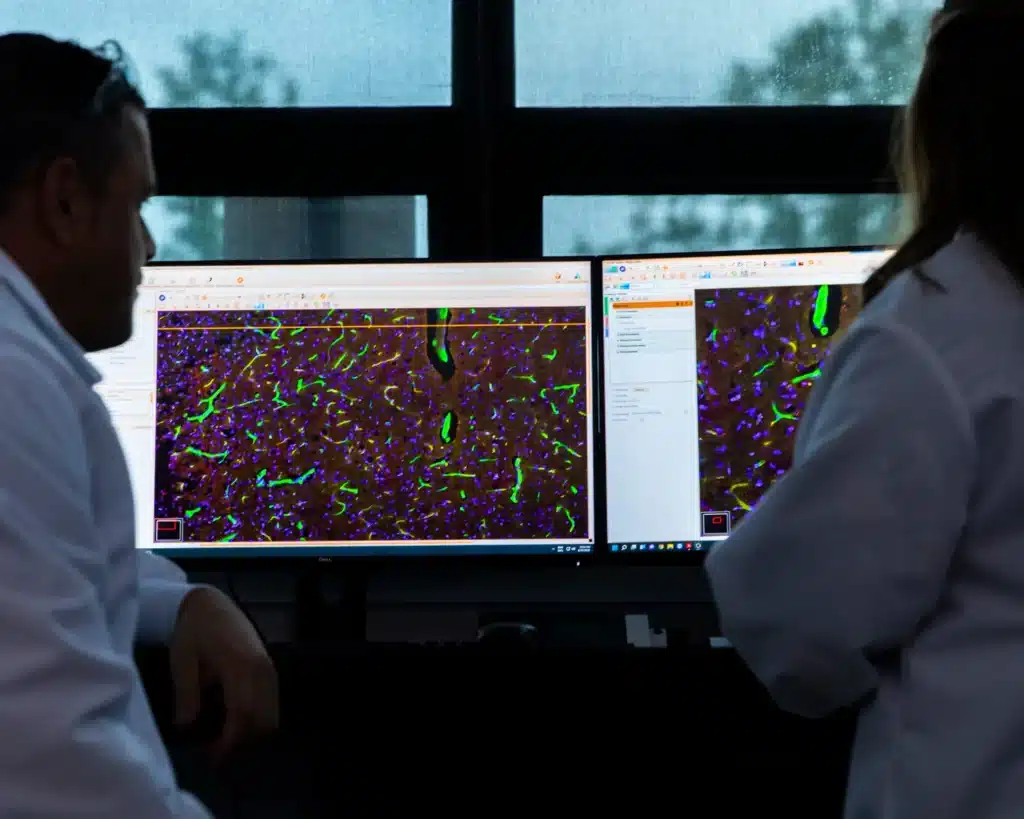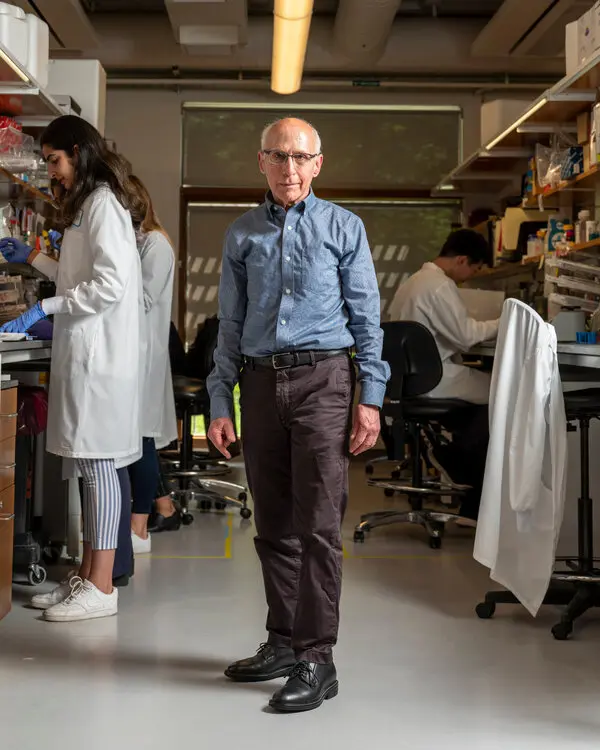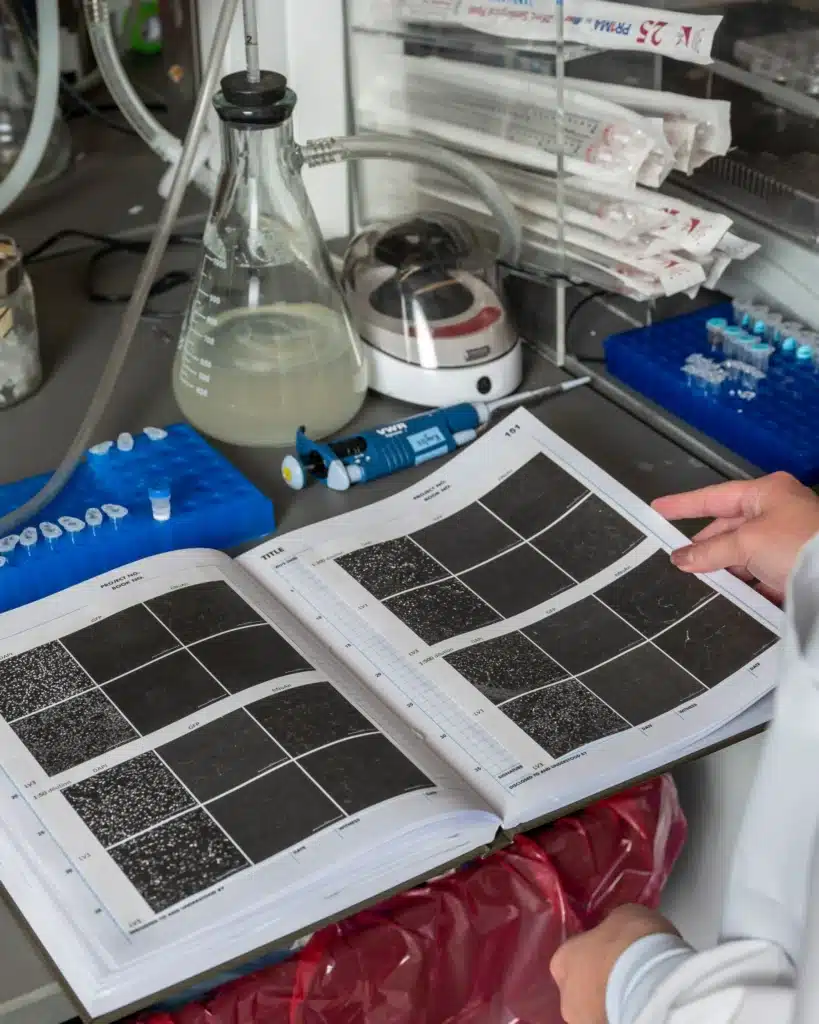It's been years since scientists at the Harvard Stem Cell Institute used a technique known as parabiosis (brace yourselves: they surgically 'attacked' a young mouse with an old one). The purpose? See what would happen to the tissues of both mice when their blood was shared. Frankenstein, step aside.
It was not a crazy experiment or a random attempt: they knew from previous research that putting young blood into older mice made them biologically younger, and that in contrast young mice exposed to old blood aged faster. Harvard researchers, Amy Wagers e Richard Lee, they discovered that the old mouse's heart tissue had been repaired, becoming young again, as was the size of the organ.

First question: what magic is this? Answer: a protein.
“We've all asked ourselves: what is the magical substance contained in blood?” He says Lee Rubin, professor of regenerative medicine at Harvard. The “magic” identified was a protein, Gdf11, one of the tens of thousands produced in the human body.
Dr. Rubin's lab also found that the GDF11 protein in mice stimulates the growth of new blood vessels in the brain and neurons in the hippocampus (the part of the brain associated with learning and memory) and rejuvenates muscle and skeletal tissue. The scientists' findings were published between 2013 and 2014 in the journals Cell and Science , promising, , promising e , promising. Well: what is the next question that scientists have asked themselves? Soon said.

Second question
Could the GDF11 protein be exploited to promote regeneration and repair in humans?
In 2017, Dr. Rubin, Wagers and Lee, along with five others, have founded a pharmaceutical start-up called Elevian with the goal of commercializing GDF11 protein-based therapies to stop, slow or reverse diseases associated with aging. It's a giant leap from mice to humans, and one that could have profound consequences.
“We are interested in proteins like GDF11 that are excreted into the bloodstream because they can cause changes throughout the body,” says Dr. Mark Allen, CEO of Elevian. “And that's the kind of change we want.”
Why are anti-aging therapies always tested on mice? Aging in mice is very similar to that of humans. “Mice and people share organs, cell biology, and most varieties of neurons and neurotransmitters, and often respond to drugs in similar ways,” Miller says.

Elevian and the 'magic' therapy
Dr. Allen started his first healthcare business while still studying medicine at the University of California, back in 2000. After 17 years, examining active ingredients to exploit in a new startup, his choice fell on the GDF11 protein.
“I had this idea that aging itself could be the target of therapeutic intervention,” Allen says, “because if we target one aspect of the aging process, then we have the potential to treat many different diseases.”
A difficult start
As it was easy to predict, the initial research on the rejuvenating properties of the GDF11 protein did not meet with the unanimous approval of the scientific community. After the first published data, in 2015 a group of researchers led by David Glass, then executive director of the Novartis Institutes, disputed the accuracy of Rubin and colleagues' findings in an article in the journal Cell Metabolism (this). In an almost pugilistic back-and-forth, the Harvard researchers responded with another article (this) in which they showed errors in the ratings received.
Dr. Glass, who now works at the biotechnology company regenerate (owner of an antibody therapy to Covid-19) said in a recent e-mail that she still supports her ideas: for him the GDF11 protein could only work in particular contexts, which needs to be demonstrated, but it certainly does not work in general.
Stop, if you can, the afterthought that these controversies arise only from conflicts of interest: it could be so, but it could not be so. What matters is the data, and from 2015 to today the Elevian research team has reproduced and extended its original findings in multiple studies (none yet published in peer-reviewed journals), and several institutions have conducted (and published) preclinical studies showing the protein's effectiveness in treating age-related diseases.
The eve of human trials
Today, Elevian is on track to begin human clinical trials (expected to begin in the first quarter of 2023) and has raised tens of millions of dollars in funding.
She's not the only one, as you know. The emerging sector of "longevity therapies" already has many players. Practically all of Silicon Valley he bets to move death further: Jeff Bezos (Amazon) launched Altos Labs in January. Google has Calico Life Science and Isomorphic Labs, and so on. Over $ 2 billion was invested last year to launch startups in this sector.
Anti-aging seems more and more like the next big deal (yes, along with the metaverse, but given the choice I would like these therapies to work more).
GFD11 protein, the challenges begin now
There are some hurdles to overcome for Elevian and its anti-aging protein. One of the most important is intrinsic: today it is almost impossible to market an anti-aging drug. Why? Because no health institution recognizes aging as a disease to be treated.
Even if that happened, it would take years to prove that a treatment has an effect on the entire aging process. For this reason, Elevian's strategy to market the GDF11 protein is to target a specific disease.
Hence the third question: “What is the worst condition, which could have the greatest and most visible benefits from a treatment with GDF11?” Answer: stroke.
It is the world's leading cause of long-term disability, and has very limited treatment options. Preclinical studies on GDF11 say that a few days of treatment are enough to improve recovery: it reduces inflammation, improves metabolism and stimulates the brain to create new vessels and new neurons.
For this reason, Elevian will go straight to the stroke: and will have to go through expenses and difficulties of all kinds, from those on the production of drugs to the procurement of the basic materials needed to conclude and publish the research to obtain approval from the American FDA.
Dr Allen, however, is certain he will succeed: the findings on the GDF11 protein will have a profound impact on how we age and how long we live. “By targeting the fundamental mechanisms of aging we will be able to treat or prevent many age-related diseases, and extend healthy lifespan,” he said.
“We want to make the new 100 from the 50th anniversary”.
Will they make it? I take popcorn. Few, to stay light: it is better to keep fit anyway.


